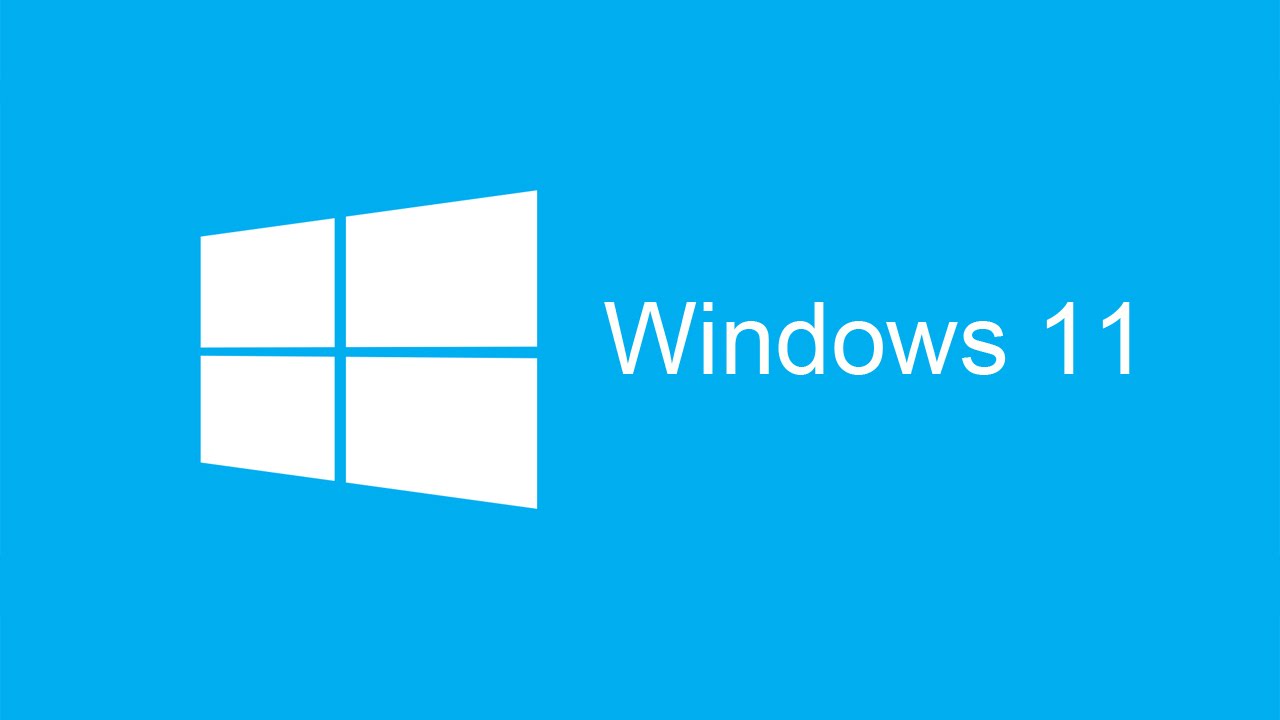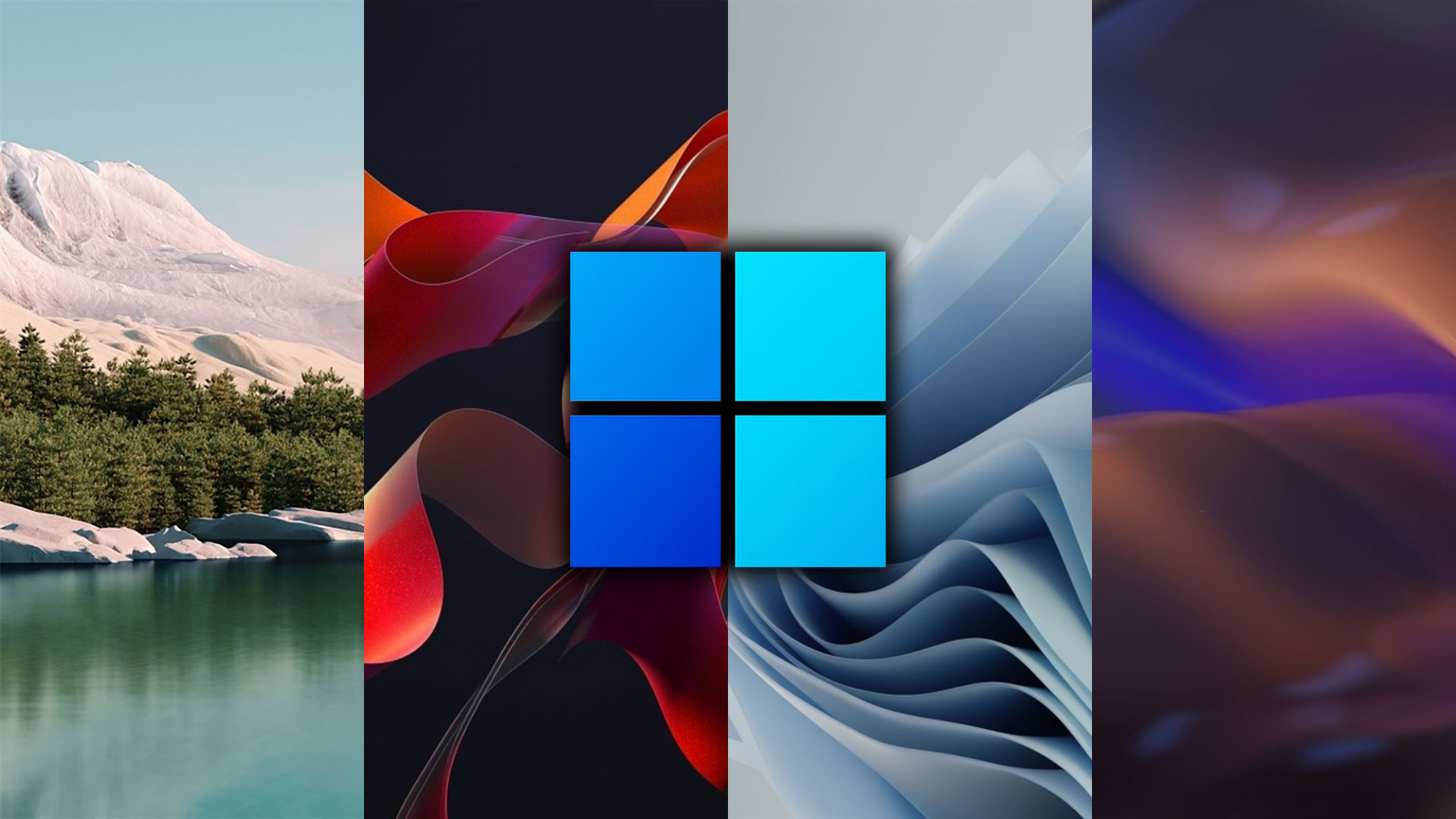
Especially if you rely on a ton of third-party apps and related configurations. If your workflow is complicated, then there’s a chance that Windows 11 may break it. Windows 11 is bound to run into a few of its own.


These may seem like small things, but they add in to a much better multitasking experience. Upgrade to Windows 11 if you want better-than-ever multitasking - Windows 11 has a focus on multitasking, with the new Snap Layouts, Snap Groups, and the ability to remember your layouts for multiple displays.You can install Android apps on Windows 11, for example, and you can even sideload the Play Store if you’re a bit more adventurous. Upgrade to Windows 11 if you want the latest features - Windows 11 does bring in some great new features, and Windows 10 isn’t going to get most, if not all of them.Windows 11, on the other hand, has a stronger security base from the ground up. Windows 10 will continue to get security updates until October 14, 2025. Upgrade to Windows 11 if security is your priority - If you’re someone who prefers to stay updated on security, Windows 11 should serve you well.

As such, you’re less likely to run into performance issues and bugs. Microsoft has designed Windows 11 for newer systems.



 0 kommentar(er)
0 kommentar(er)
